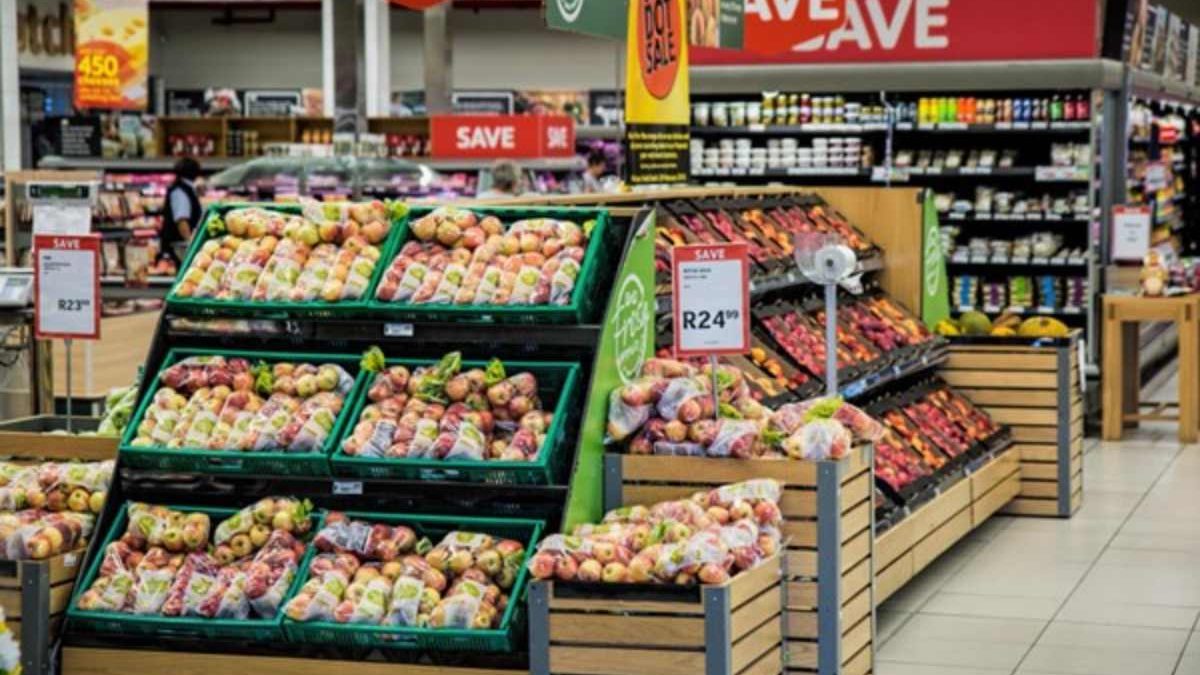In recent years, the retail landscape has evolved rapidly, with technology driving unprecedented changes. Among these advancements, point of sale (POS) systems have seen significant innovation, reshaping how businesses manage their transactions and customer interactions. In this article, we will explore seven cutting-edge features in POS systems that are transforming the retail industry and streamlining customer transactions.
Table of Contents
Toggle1. Mobile and Cloud-Based Solutions
Gone are the days of bulky cash registers and wired connections. Modern POS systems now offer mobile and cloud-based options, allowing retailers to process transactions from anywhere within their store or even offsite. With the added benefit of real-time data access, businesses can monitor sales, inventory, and customer data on the go, making informed decisions with ease. POS data is also becoming an increasingly valuable resource, allowing businesses to optimize retail business operations and increase profits.
2. Contactless and Mobile Payments
As consumer preferences evolve, POS systems have adapted to accommodate contactless payments, such as NFC-enabled cards and digital wallet services like Apple Pay and Google Wallet. These technologies enable faster and more convenient transactions, reducing wait times and improving the overall customer experience. Additionally, mobile payments can also streamline workflow, freeing up staff to focus on other aspects of the business.
3. Integrations and Customization
Many modern POS systems offer integration with various software systems, such as accounting, inventory management, and customer relationship management (CRM). This connectivity enables businesses to centralize their data, reducing manual data entry and providing a more comprehensive view for better decision making. Not only that, but these systems often include customization options that allow retailers to tailor the platform to their unique needs.
4. Enhanced Security Features
With the increasing number of cybersecurity threats, POS systems have stepped up their security game. Data encryption, tokenization, and PCI compliance are now standard features, protecting customer information and retailers from potential data breaches. Additionally, advanced user authentication and permission settings empower businesses to control and monitor employee access to sensitive information.
5. Artificial Intelligence and Machine Learning
Some POS systems are incorporating artificial intelligence (AI) and machine learning technologies to streamline operations and offer valuable insights. By analyzing sales data and customer behavior, these systems can provide retailers with product recommendations, inventory management suggestions, and targeted marketing strategies. This level of data-driven decision making can help businesses stay ahead of the competition.
6. Customer-Focused Features
A crucial aspect of any retail experience is the level of customer satisfaction. Many POS systems now offer customer-focused features, including customizable loyalty programs, email or SMS receipts, and personalized marketing campaigns. These features can help retailers build lasting relationships with their customers while enhancing brand loyalty.
7. Analytics and Reporting
One of the most critical components of a high-performing POS system is its ability to provide valuable insights into business operations. Advanced analytics and reporting features allow retailers to track sales performance, identify trends, and make data-driven decisions for the betterment of their business. Access to real-time data also enables businesses to respond quickly to changing market conditions and consumer preferences.
8. Self-Checkout Options
Another trend reshaping the retail landscape is the implementation of self-checkout kiosks. These kiosks, integrated with modern POS systems, allow customers to scan, bag, and pay for their items independently, reducing lines and wait times. This not only improves customer satisfaction but also optimizes labor usage by allowing employees to focus on tasks that require more personalized attention.
9. Eco-Friendly Features
As environmental concerns become more prevalent, POS systems have adapted by incorporating eco-friendly features. These include offering digital receipts, which reduce paper waste, and energy-efficient hardware that cuts down on energy consumption. By investing in eco-conscious solutions, retailers can minimize their environmental footprint while appealing to environmentally conscious consumers.
10. E-commerce Integration
In today’s world, retailers must maintain a consistent and seamless customer experience across both online and in-store channels. Modern POS systems can now integrate with e-commerce platforms, synchronizing inventory, sales, and customer data between the physical store and online storefront. This integration helps retailers manage their business more efficiently while maintaining a cohesive shopping experience for customers.
Conclusion
The retail industry is continuously evolving, and point of sale technology is playing a significant role in this transformation. By implementing these innovative features into their POS systems, retailers can drive success through streamlined processes, improved customer experiences, and data-driven decision making. The future of retail is paved with smart, sophisticated, and versatile technology, and POS systems are at the forefront of this revolution.
Related posts
Hot Topics
Understanding TruthFinder’s Background Check Features
Background checks have become increasingly relevant for personal safety and information gathering in digital environments. TruthFinder offers comprehensive background check…
How MLOps Is Shaping the Future of AI in Business
Artificial intelligence (AI) has evolved from a futuristic idea to a strategic necessity for companies looking to innovate, grow, and…



